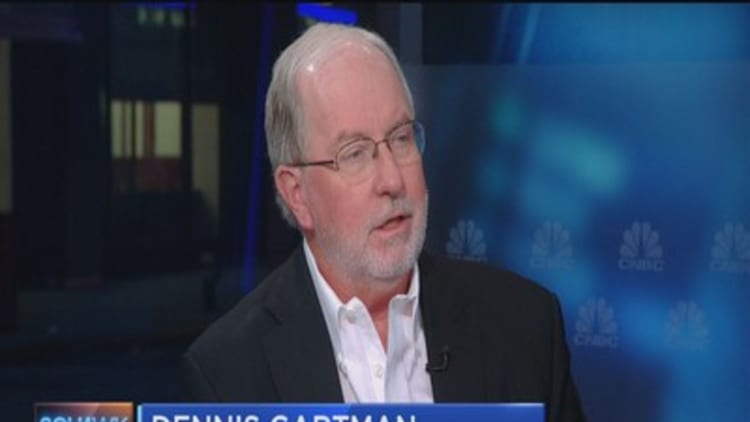Global miner BHP Billiton expects coal prices to stay weak in the near term, but sees the fuel remaining an important part of the world's energy mix for decades, even amid a push to cut carbon emissions, its coal chief said on Friday.
BHP's coal president Mike Henry called for fossil fuel companies to be more proactive in coming up with solutions to combat climate change and fight "no-coal" activists, whom he said had been more effective in swaying public opinion.
"We must come together in a way that sees us adopt a more unified, balanced and credible view in respect of climate change," Henry said in a speech in Brisbane.
Coal prices have slumped to more than six-year lows due to oversupply, driving coal producers into the red.

Even BHP, the world's top exporter of steel-making coal, made only a 3 percent return on capital on its Australian assets last year.
"Poor returns, and little indication of better times on the immediate horizon, make coal a pretty challenging business at the present time," Henry said.
Longer term, in light of climate change policies, BHP expects demand for energy coal to be roughly flat out to 2030, although still a significant part of the energy mix, especially in Asia, even while renewable energy becomes more affordable.
Read MoreBHP Billiton CEO bullish on China as profit tumbles 86%
"While the overall market share of coal may decline, the outright cost competitiveness of coal, as well as the substantial existing base of installed infrastructure, means we can expect to see demand support for decades to come," Henry said.
On steel-making, or metallurgical, coal, BHP sees demand rising for many years as China continues to grow and India becomes a major steel producer.
"While China has significant domestic met coal resources, we do not believe they will become wholly self-sufficient," Henry said, adding the country will need to import coal to obtain certain qualities and supply steel mills on the coast.

